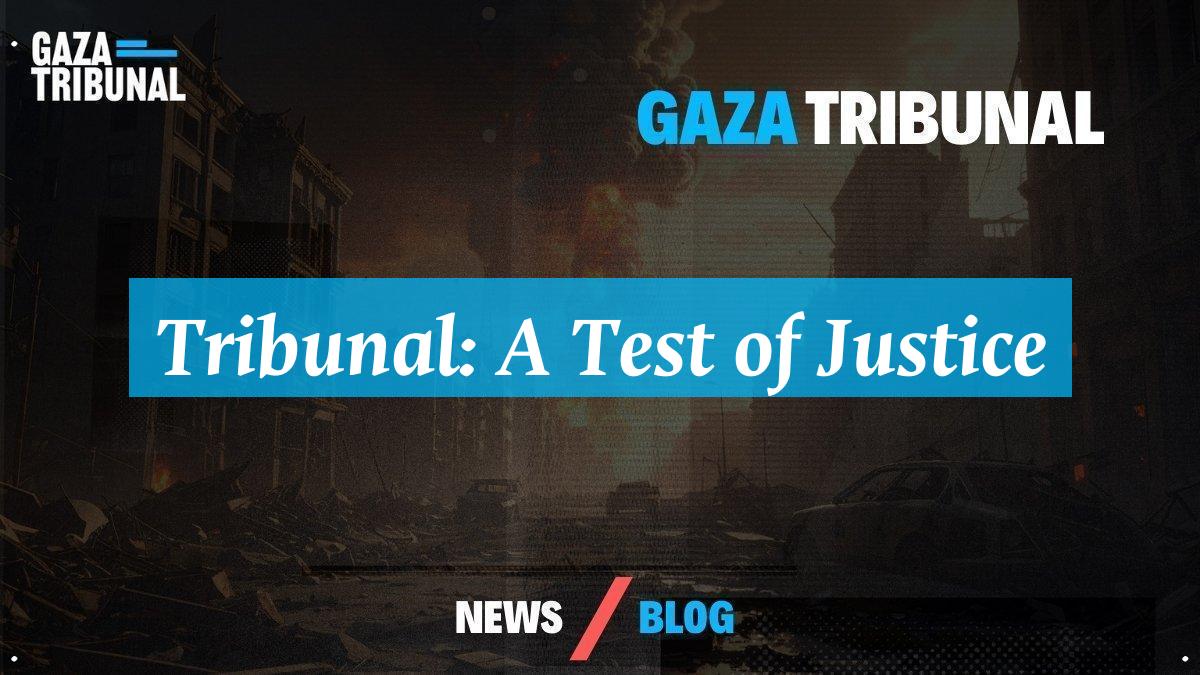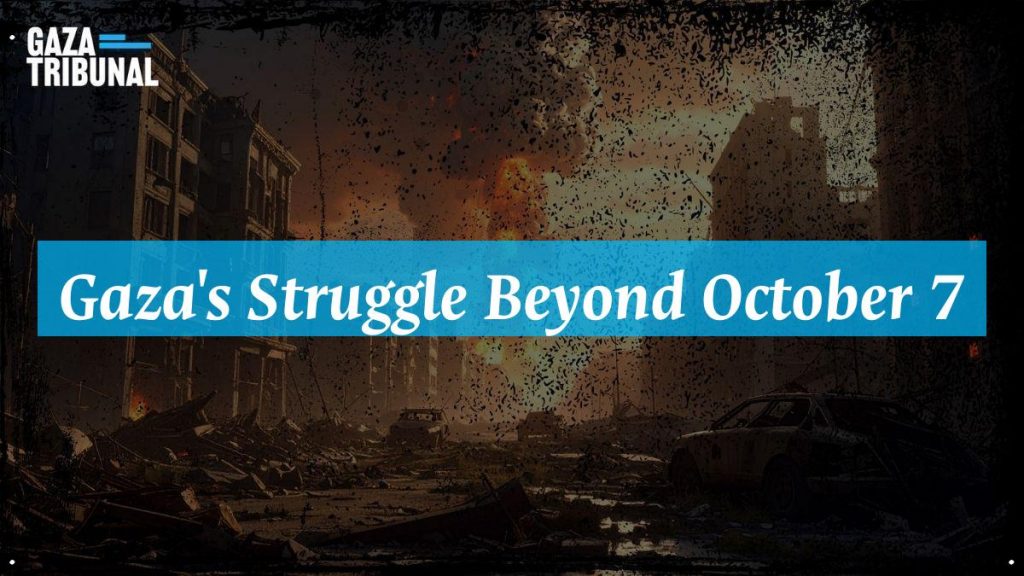In a world where the stories of conflict often seem tangled and complex, the “Gaza Justice Inquiry” shines a light on the ongoing struggles of the Palestinian people. This inquiry serves not just as a legal investigation but as a vital narrative that weaves together histories of suffering, resilience, and indomitable hope. Dr. Wissam Atallah shares compelling accounts that root us deeply in this struggle, particularly his grandmother’s story from Damra. The pain of loss and the yearning for identity echo throughout these October 7 narratives, offering a profound reminder of the enduring impact of history on present realities. What can we glean from these voices that emerge defiantly in the face of despair? Read more about the latest updates here.
As already signaled earlier, as we reflect upon these poignant accounts, we are compelled to examine our moral responsibility surrounding justice and truth. The urgency to dismantle the normalized violence depicted in the inquiry is clear; Dr. Atallah argues that the narratives from Gaza extend well beyond the confines of a single day. By confronting the historical precedents of October 7, we unveil the long-lived struggle woven through decades of oppression. Each testimony reaffirms the resilience against erasure, reminding us that silence can often fortify injustice. Are we prepared to engage with these stories, to allow them to reshape how we perceive conflict? Let us embrace the weight of these October 7 narratives and recognize the imperative to advocate for a just future. Visit our homepage for more insights.
The Stories of Erased Villages in Gaza
Dr. Wissam Atallah shares his family history with passion. His grandmother’s life in Damra, a village once bustling with life, resonates deeply. She often spoke of her childhood, painting vivid pictures of fields filled with crops and laughter. Today, that same land, now known as Erez, serves as a stark reminder of lost histories. This transformation illustrates how quickly life can change. For Dr. Wissam, Damra represents not just a location, but also a legacy of resilience and loss. The stories of his ancestors echo through time, urging us to remember. Can we truly grasp the depth of such a history?
His grandmother’s tales reveal the harsh realities of colonialism. Under British Mandate, Palestinian farmers faced oppressive taxes and restrictions. Families who relied on the land struggled to thrive. Then came the Nakba in 1948, shattering dreams of a swift return. They believed, just weeks. But those weeks turned into a painful reality spanning decades. The doors remained locked, dreams unfulfilled, and hopes dashed. Dr. Wissam’s grandmother passed away in Jabalia refugee camp, clutching a key to her lost home. That key, a symbol of hope and despair, embodies the collective trauma of an entire people.

October 7th: A Distorted Narrative
Israeli leaders frame October 7th as a crucial turning point, yet Dr. Wissam disagrees. He argues that this single day oversimplifies a complex history. “Our struggle did not start on that day,” he insists, highlighting the long-standing occupation that precedes it. By acknowledging the past, we begin to understand the roots of resistance. He recalls moments that shaped Palestinian identity, from the First Intifada to the tragic death of children. Each incident carries weight, illustrating ongoing struggles against oppression. Explore more about the context here.
October 7th should not serve as a justification for violence. Instead, it should remind us of the deep-seated injustices faced by many. Dr. Wissam believes these narratives matter significantly. They speak to the heart of a people determined to be heard. The story of Gaza is one of courage, defiance, and an unwavering demand for justice. “History doesn’t begin or end with a single date,” he states. It unfolds in the lives of those who continue to resist, emphasizing the importance of context in understanding these events.
Steadfastness Amidst Destruction
In early 2025, a brief silence enveloped Gaza, allowing people to return home. They walked through the ruins of their lives, stepping on rubble and dust. Over 100,000 tons of explosives had ravaged the landscape. Yet, despite the destruction, they returned, driven by a fierce determination to reclaim their identity. What does it mean to return to a place that has lost so much? For them, it symbolizes resilience and hope.
Dr. Wissam explains that returning is an act of defiance against forced displacement. International law recognizes this as a war crime. Palestinians embody this resistance by asserting their right to remain. “To stay on the land,” he emphasizes, “is to remain alive as a people.” Their struggle extends beyond survival; it’s about preserving their very essence amid chaos. Each return signifies a refusal to let go of their past, culture, and dreams. Dr. Wissam’s words resonate: “Survival is political.” In Gaza, every act of defiance becomes a testament to the strength of the human spirit. Thank you for engaging with these stories and listening to the voices that matter most!
The Unfolding Struggle of Gaza
Dr. Wissam emphasizes that the Palestinian struggle reaches back to the late 19th century. Events like the Basel Conference in 1897 laid the groundwork for political Zionism. The Balfour Declaration of 1917 promised Palestine as a homeland for Jews. These historical moments illustrate that the roots of conflict run deep, far beyond the narrative of a single moment. “Occupation began long before 1948,” he explains. Understanding this context is crucial for grasping the ongoing resistance.
The Nakba wasn’t an isolated event; it marked the culmination of decades of oppression. Recognizing this timeline challenges the notion that resistance emerged suddenly. It reveals a long-standing struggle against injustice, reminding us of the importance of historical awareness. Without this knowledge, how can one truly comprehend the depth of the current situation? Dr. Wissam’s insights encourage us to reflect on our roles. Silence is complicity, he warns. The survival of Gaza isn’t just about land; it’s about humanity itself. Thank you for engaging with these narratives. They remind us of our shared responsibility to advocate for truth and justice.


